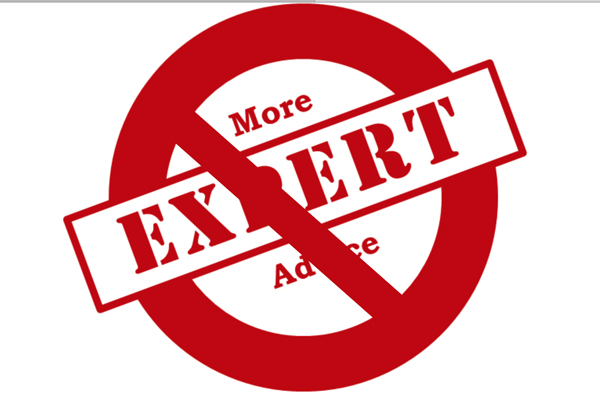If you have been watching the news, you may have now…

The Truth About Investment Advice
For some reason, today I just have gotten my fill of “experts” trying to sell me on the idea that they have some magic insight on what investments will profit, let alone not lose your money. Whether it is a secret government project, the weather, some new math formula, the truth remains the same: No one knows, and no one can (legally) guarantee these predictions. This advice is similar to someone standing next to you at a gaming table in Las Vegas and telling you which number on a roulette wheel will come up next, or whether it will be odd or even. They just don’t know.
Yet people every day take the word of these people and willingly give away their money. This is a predictable result of the human desire for something for nothing, or, in other words, magic. It certainly is not evil to want to do well in an investment, but there is no shortcut to fully understanding the risk. Even if you have poured over every annual report, visited a company’s factories, suppliers, and customers, and be on a first-name basis with the CEO, there is still no guarantee of success.
You choose to roll the dice, as it were, based on your knowledge. This takes time and persistence. There is no alternative. Trusting someone’s “hot tip” just doesn’t work.
You will hear of brokers and advisors who do “wonders”. Challenge this. Who will really tell you how much they lost, or will they just tell you about their winners? It is called “survivor’s syndrome”. Remember 2008. Everyone “in the know” was wrong. Warren Buffet, perhaps you are a fan, does the best he can sometimes by not buying, and not losing. Saying “no” can be the at times the best answer. Mutual funds are the worst, since you have the least information about the most firms, and your fund manager always buys. He gets paid too, whether he loses your money or not.
Investments, rather than a stable savings plan with guarantees that Privatized Banking uses, must be made based on your specific, detailed and unbiased knowledge of the opportunity and the risk. This applies to equally to education, home-based business and buying stock in a publicly-traded company. Don’t dishonor your hard-earned money with less diligence.




This Post Has 0 Comments